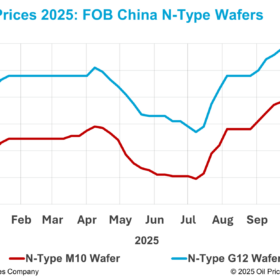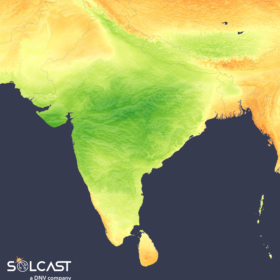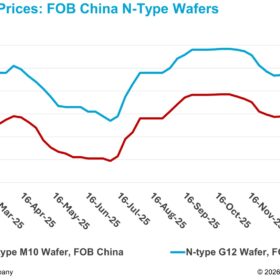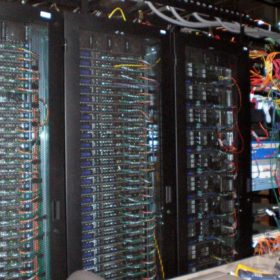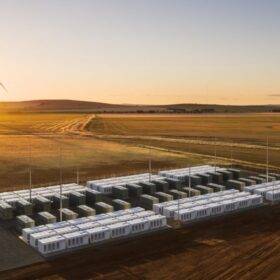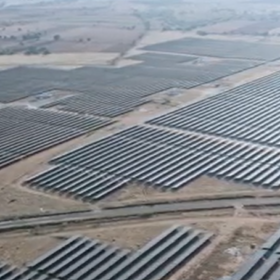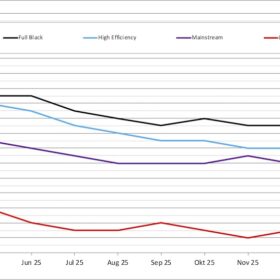Are solar PV developers in India prepared for increasingly severe monsoons?
India witnessed above-average precipitation and prolonged cloud cover through July and August, limiting the potential of PV generation across many states. Several regions, including Punjab, Haryana, and the Himalayan foothills, were hit hardest by flooding and thunderstorms. The increase in atmospheric moisture and aerosol scattering led to reduced Global Horizontal Irradiation (GHI) and reduced energy output.
Built to last or built to waste? How battery design shapes the future of recycling
Recyclability has to be considered a core engineering constraint by the battery industry. Adhesives and composites use could be reduced along with designing packs with cell visibility and enabling cell level separation should be a thing of the future. Standardization, which has been avoided for competitiveness for now, must be implemented since that will actually reduce costs across the value chain in the long term.
India’s decisive leap beyond gigawatts post-COP30
India’s renewable energy journey has long been narrated through the lens of capacity: gigawatts added, modules produced, plants commissioned. While these indicators are important, genuine leadership will arise from our ability to embed advanced materials, high-efficiency solar cell architectures like TOPCon, N-Type and rear-contact technologies, robotics-driven precision manufacturing, and AI-enabled predictive monitoring into our value chains.
N-type wafer prices extend four-week slide amid weak demand, rising inventory concerns
In a new weekly update for pv magazine, OPIS, a Dow Jones company, provides a quick look at the main price trends in the global PV industry.
Renewable energy assets life-cycle management through tech-enabled maintenance strategies
Modern wind turbines and solar plants generate large volumes of operational data. By leveraging analytics, inefficiencies can be identified, performance assessed in real-time, and emerging issues addressed before they escalate. A dynamic operations and maintenance (O&M) support system builds on this intelligence to provide a strong grip on performance levels while minimising downtime.
Why battery storage is becoming non-negotiable for renewable-rich grids in India
As renewable capacity rises, the question is no longer whether India can generate green power. The real challenge is whether the grid can absorb it smoothly and deliver it reliably when people actually need it. This is where battery energy storage systems (BESS) are increasingly seen not as a luxury but as a core part of grid planning.
India adds ‘record’ 20.1 GW renewable energy capacity in 5M FY26: A paradigm shift and its impact
India’s energy story has moved beyond ambition to acceleration. Between April and August 2025, a 123 percent YoY jump in renewable energy capacity additions is not just a headline, it’s a signal of structural maturity, industrial resilience, and policy coherence. If the country sustains this trajectory through FY26 and FY27, it could well emerge as the world’s third-largest market for renewable deployment, behind only China and the United States.
China’s TOPCon solar cell prices extend four-week slide as rebate concerns ease
In a new weekly update for pv magazine, OPIS, a Dow Jones company, provides a quick look at the main price trends in the global PV industry.
India’s strong monsoon cuts solar generation by 15% in September to October
In a new weekly update for pv magazine, Solcast, a DNV company, reports that India’s solar generation potential was significantly hampered during September and October due to an intensified southwest monsoon, resulting in a 15% decrease in irradiance compared to the long-term average.
Green hydrogen is changing the face of the steel industry in India
Green hydrogen is not just an energy alternative, it’s an industrial revolution in motion. For India’s steel industry, it offers a chance to rewrite the script: from being one of the largest emitters to becoming a global model for sustainable growth.



